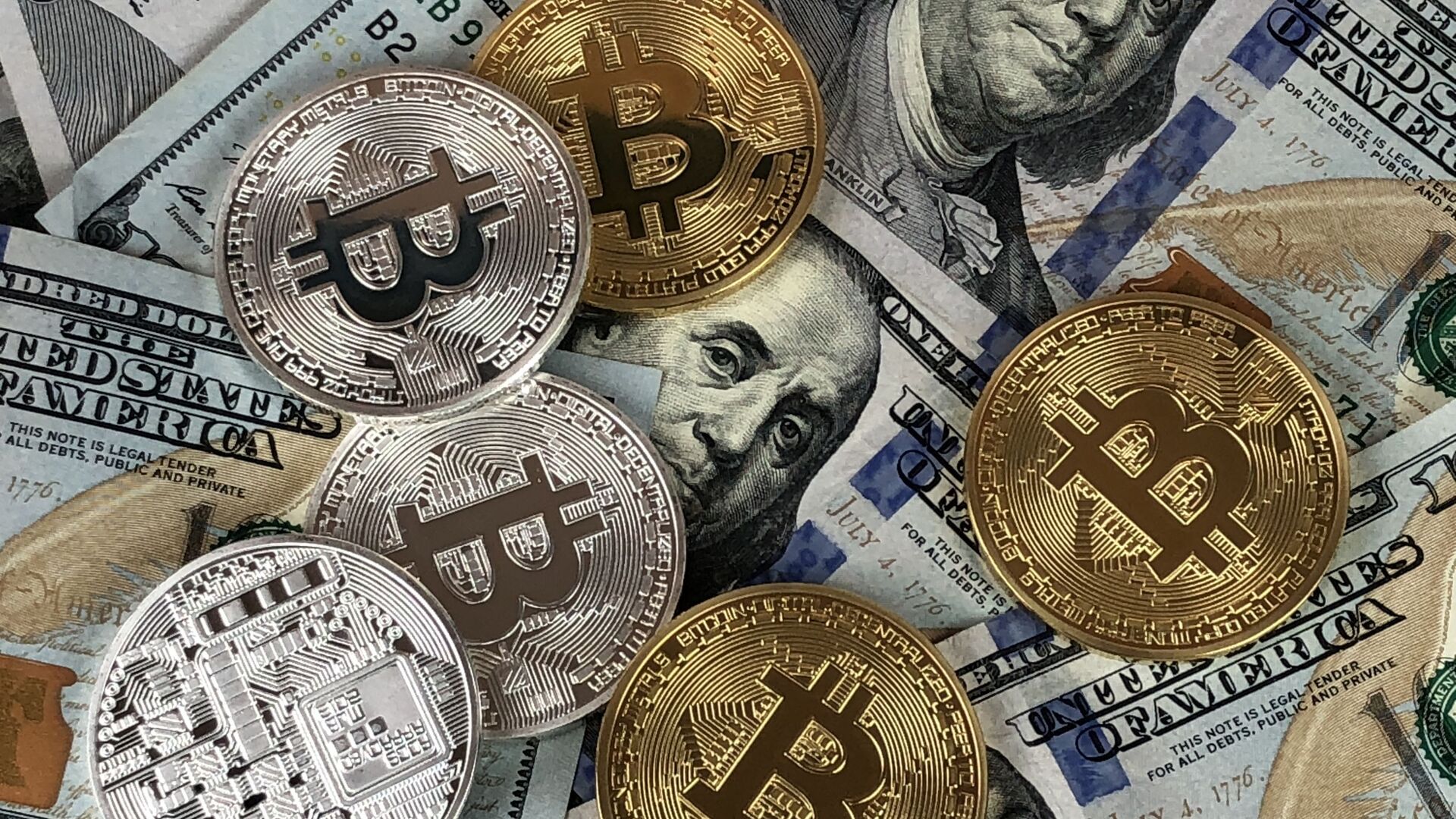What Does the US Government Do With Its Huge Stockpile of Cryptocurrencies?
13:19 GMT 20.12.2021 (Updated: 14:10 GMT 20.12.2021)

© CC0
Subscribe
More and more Americans are interested in cryptocurrency. A recent survey conducted by the Pew Research Center showed that 16 percent of respondents had invested in, used, or traded one. For comparison, a 2015 poll showed that only one percent of those surveyed had used cryptocurrency.
El Salvador may be the first country to accept cryptocurrency as legal tender, but when it comes to stockpiles of cryptocurrency, the country pales in comparison with the humongous amount the US government has amassed, CNBC reported. Bitcoin, ethereum, litecoin, XRP, tether, and others – over the years, US authorities have obtained billions of dollars' worth of cryptocurrencies.
This doesn’t mean that the Department of the Treasury believes that the days of the US dollar are gone or that it is ready to part its ways with fiat currency. The cryptocurrencies the government has collected have been seized as part of operations to combat crime – fraud, hacking, drug smuggling, human trafficking, extortion, etc.
This doesn’t mean that the Department of the Treasury believes that the days of the US dollar are gone or that it is ready to part its ways with fiat currency. The cryptocurrencies the government has collected have been seized as part of operations to combat crime – fraud, hacking, drug smuggling, human trafficking, extortion, etc.
So what does the government do with this massive stockpile? The answer is quite prosaic - it sells cryptocurrencies at auctions and then divides the proceeds between the government agencies, or gives the money to individuals who have fallen victim to certain crimes, like fraud.
"It could be 10 boats, 12 cars, and then one of the lots is X number of bitcoin being auctioned”, said Jarod Koopman, director of the Internal Revenue Service's cybercrime unit.
It seems that when it comes to the sale of cryptocurrencies, the US government needs a piece of advice from the gurus of the market. According to CNBC, in 2018, the authorities auctioned off 500 bitcoin for around $5 million. Had had it been sold now, the sale would have brought it nearly $23 million. In 2019, it sold 30,000 bitcoin to US billionaire Tim Draper for $19 million. That deal would have been more than $1.3 billion today.
To date, the government has seized and auctioned off almost 200,000 bitcoin alone, which is currently around $8.6 billion. Meanwhile, the stockpile has been growing significantly over the years.
To date, the government has seized and auctioned off almost 200,000 bitcoin alone, which is currently around $8.6 billion. Meanwhile, the stockpile has been growing significantly over the years.
"In fiscal year 2019, we had about $700,000 worth of crypto seizures. In 2020, it was up to $137 million. And so far in 2021, we're at $1.2 billion", Jarod Koopman said.
According to CNBC, the stockpile has become so massive that the authorities have resorted to help from the private sector, which now aides them in managing the storage and sale of cryptocurrencies.
